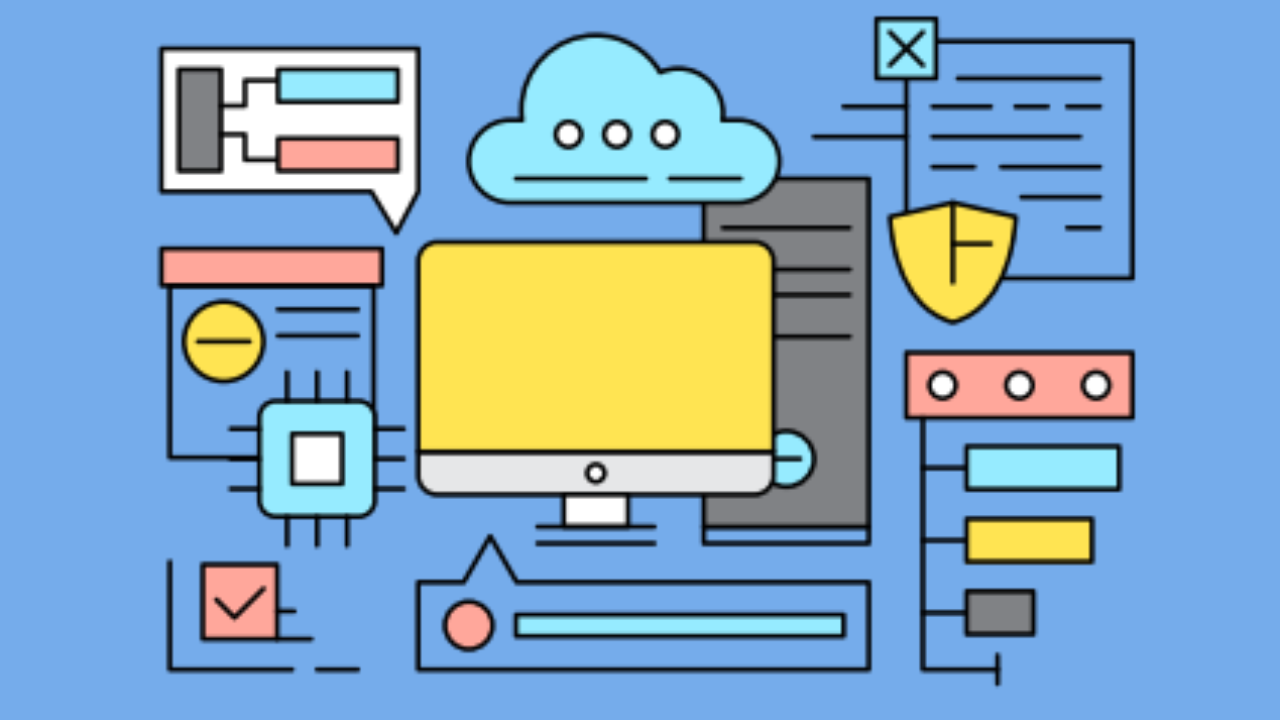Here I discuses about Cyber Safety Define in India, The contribution of technology to the social and economic aspects of cyber security is enormous. With the continuous expansion of digital technology, business is growing at a rapid pace.
On the one hand, business has improved due to the use of digital technology and internet services; on the other hand, the incidence of cyber crimes has also increased. Caution and awareness are the only way to avoid this.
Table of Contents
Computer safety tips
USB Device Security
USB devices are very convenient to transfer data between different Computers. One can plug it into a USB port, transfer important data, and remove and use it appropriately as desired. However, this portability, convenience and popularity also bring different threats to the information system.
Threats Unsecured use of USB drive can lead to data thefts, data leakages and malware infection. USB security can be ensured with care, awareness and by using appropriate scanning tools to secure the information.
Types of devices which support USB
- Flash Drive/ Pen drive
- Portable Hard Drive/ SSD
- Mobile Phone
- Digital Camera
- Card Reader
- USB Keyboard/ Mouse
Password Security Management
Password helps in protection of information accessible via computers.
It allows access to information only to authorized users. Strong multi character passwords must be enforced in all the systems.
Cyber criminals use many methods to access accounts, including dictionary brute-force attack (attacks made to guess passwords), as well as comparing various word companions against a dictionary file. Cyber criminals may also use password capturing tools like “Key loggers”
Password attack on victim’s computer.
Always use different passwords for different accounts. Ensure password is strong
Strong passwords should contain combination of upper case, lower case, numbers, “Special” characters (e.g., @#$%^&*()_+|~–=\’{}[]: “;<>/,etc.)
Immediately, change any password which might have been shared or revealed by mistake Passwords must be changed at regular intervals
A password should not contain
Birth dates, names, ID proofs and other personal information such as addresses and phone numbers Commonly used words such as names of family members, pets, friends, colleagues, movie/novel/comics characters, etc.
Password security management
Do not use public systems to access banking/ sensitive sites
Do not share password, OTP through e-mail, chat or any other electronic communication.
Do not reveal password on questionnaires or security forms
Do not choose/ select “remember my password” option for banking/ sensitive sites
Never write down your password anywhere, especially as a ‘note stick’ to the computer
Don’t use your biometrics (finger print, etc.) at untrusted terminals/places.
General Internet safety Precautions
Invention of internet has revolutionized the way of communication and information sharing. However, unsecured usage of internet may pose risks to an organization. Internet security includes browser security, website security, network security, software applications, etc. Its objective is to enforce rules and measures against attacks over the internet.
Do not use any public computer or Wi-Fi for carrying out financial transactions like online shopping, internet banking, UPI transaction, etc.
Financial Transaction – Safe Practices
Digital modes of payments like internet banking, UPI, cards, mobile banking has made day-to-day payments very convenient. Any security lag in online transactions may result in financial loss to an individual or an organization.
Keep your UPI PIN safe and do not share with anyone UPI PIN is not needed while receiving payments.
Protect device and payment app with strong pass code verify the name of “Payee” or QR code before proceeding with the payment.
Social Media Platforms – safety tips
Privacy settings must be carefully chosen before sharing any content over internet
Be vigilant before revealing your location information over the internet
Friend requests must be accepted after verification with proper caution
Content posted on social media must be verified for authenticity before forwarding / sharing
Do not use social media account without Multi Factor Authentication (MFA)
Never log into social media accounts from untrusted systems.
Mobile phone safety
Mobile phones are integral part of any organization. Secure usage of phone is essential for personal and organizational data protection. Data theft, financial loss, unauthorized access, malware infection, etc may be a result of mobile phone compromise.
Malware protection
The Term Malware is a combination of words, ‘Malicious’ and ‘Software’.
Malware is intentionally developed to perform various unauthorized and destructive tasks on the victim’s system without one’s knowledge.
Malware performs various tasks that include locking of important files, stealing sensitive information from the system, gaining unauthorized remote access, spy on the user activity, consuming computer memory, internet bandwidth, corrupting important files, etc.
How to protect against malware?
Keep all software up to date, including the Operating System and applications. Do not click on untrusted URL links Patch Management to be ensured to overcome vulnerabilities.
Scan USBs, Files on your computer regularly or before use. Disable USB devices if not needed.
E-MAIL SECURITY PRACTICES
Don’t open/reply to e-mail links (hyperlinks/ web-links/ URLs mentioned in the body of such mails) giving any luring offer. It may result in compromising your personal and financial details.
Do not access to any spam e-mails, until the sender is properly verified.

